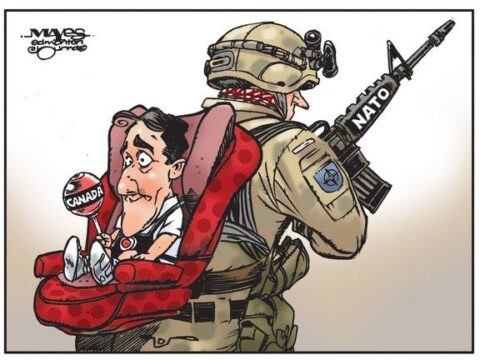Glenn Reynolds on the somehow surprising-to-academics discovery that western universities are hotbeds of antisemitism:
UC Berkeley Law School Dean Erwin Chemerinsky is shocked, shocked at the amount of antisemitism present throughout elite academia.
Obviously, he hasn’t been reading my blog. Over 20 years ago I was running a series of posts tagged “Berkeley Hatewatch Update”, tracking hateful and antisemitic behavior at UC Berkeley.
Like this one:
Or this one:
To be fair, Erwin wasn’t Dean at Berkeley Law back then, when it was still called Boalt Hall.
[…]
So even in Chemerinsky’s own backyard, the signs have been there continuously for basically the entire 21st Century to date. If Chemerinsky read my blog, he’d have known about happenings there, and elsewhere throughout the higher education world, that apparently are news to him.
Well, to be fair, deans have more important things to do than read blogs. On the other hand, well, welcome to the party, pal. Pointing out the flourishing, toleration, and even encouragement of antisemitism in the higher education sector has largely been the function of “right wing” outlets. Mainstream and left-wing media (but I repeat myself) have had little desire to air the dirty laundry in public. And, anyway, they’re increasingly staffed with recent graduates from elite schools, steeped in Critical Race Theory, “decolonization” talk, and the like, who see this antisemitism (along with prejudice against Asians and “whiteness”) as natural and laudable, instead of as what it is, which is evil and un-American. The truth is that support for antisemitism and mass murder isn’t an aberration for the far left that dominates American campuses now. As Ilya Somin notes, it’s baked in: “It’s rooted in a long history of defending horrific mass murder and other atrocities”.







